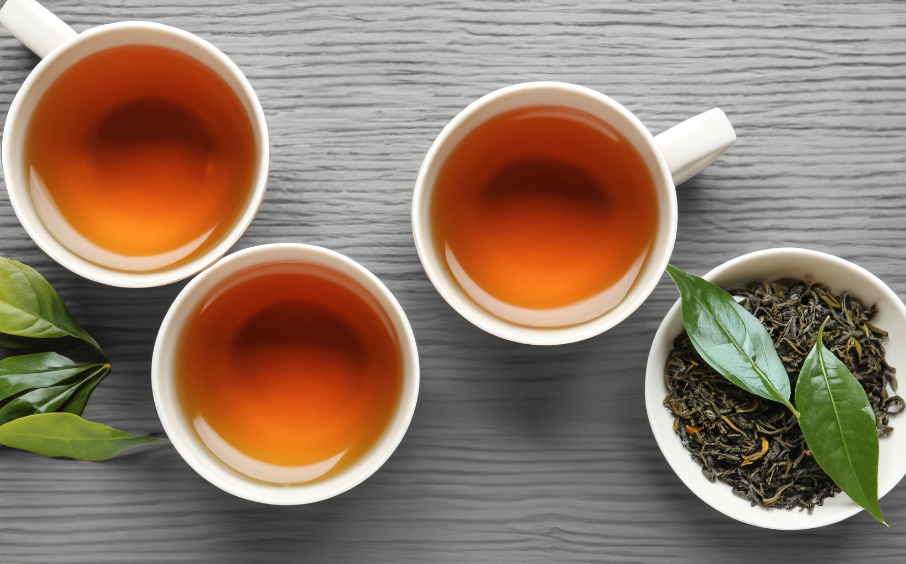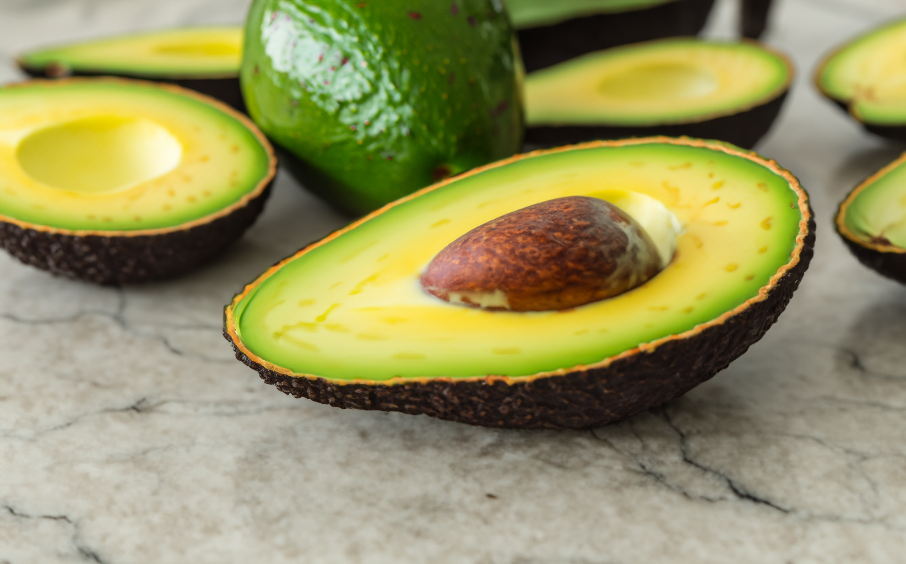For centuries, medicinal teas have been known for their diverse therapeutic properties, addressing a wide range of health concerns, from soothing digestion to promoting relaxation. Below are 15 types of teas that have earned their reputation for enhancing well-being.
- Chamomile Tea:
- Uses: Promotes relaxation, helps with sleep, eases digestive discomfort, and may relieve menstrual cramps.
- Peppermint Tea:
- Uses: Aids digestion, alleviates headaches, reduces nausea, and helps with respiratory issues.
- Ginger Tea:
- Uses: Eases nausea, reduces inflammation, aids digestion, and may relieve motion sickness.
- Echinacea Tea:
- Uses: Supports the immune system, may help reduce the duration and severity of colds.
- Lavender Tea:
- Uses: Promotes relaxation, reduces anxiety and stress, aids sleep.
- Lemon Balm Tea:
- Uses: Calms nerves, relieves stress and anxiety, and promotes relaxation.
- Nettle Tea:
- Uses: Supports allergies, reduces inflammation, and provides essential nutrients.
- Dandelion Tea:
- Uses: Acts as a diuretic, supports liver health, and aids digestion.
- Hibiscus Tea:
- Uses: Lowers blood pressure, supports heart health, and provides antioxidants.
- Rooibos Tea:
- Uses: Rich in antioxidants, supports skin health, and may ease allergy symptoms.
- Valerian Root Tea:
- Uses: Promotes relaxation, eases anxiety and stress, and aids with sleep.
- Turmeric Tea:
- Uses: Reduces inflammation, provides antioxidants, and may support joint health.
- Green Tea:
- Uses: Rich in antioxidants, may aid weight management, and supports heart health.
- Fennel Tea:
- Uses: Eases digestive discomfort, reduces bloating, and may help with colic in infants.
- Cinnamon Tea:
- Uses: May help regulate blood sugar, reduces inflammation, and provides antioxidants.
While these teas offer numerous health benefits, it’s crucial to remember that they should not replace professional medical treatment for serious conditions. If you have specific health concerns or are taking medications, it’s wise to consult with a healthcare professional before incorporating medicinal teas into your routine. Moreover, individual responses to these teas can vary, so it’s advisable to start with small amounts and monitor for any adverse reactions. So, whether you’re sipping chamomile to unwind or enjoying ginger for its digestive magic, remember that these herbal brews can be a valuable addition to your wellness regimen when used wisely.



